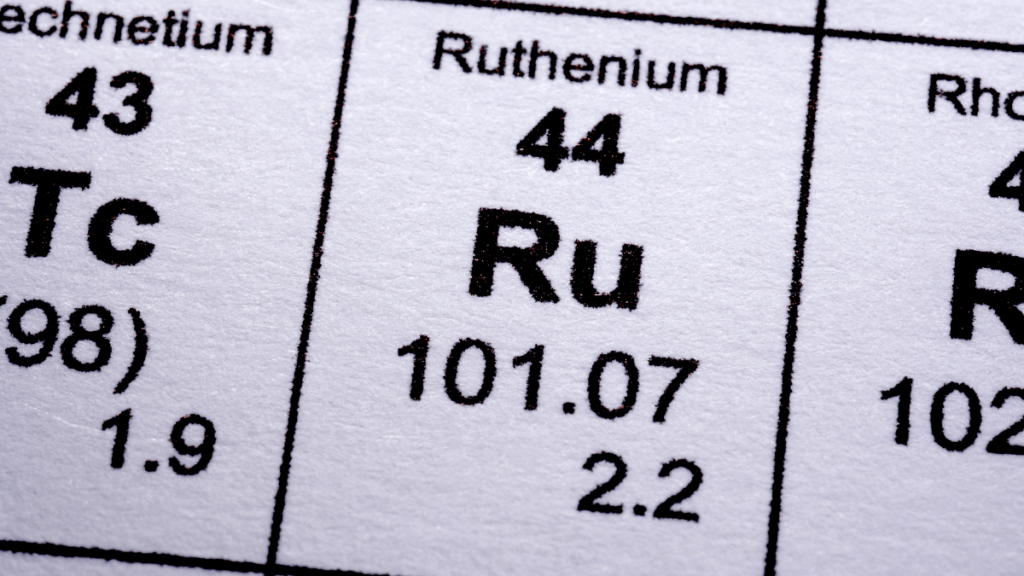
Creating a hydrogen economy is no small task, but Rice University engineers have discovered a method that could make oxygen evolution catalysis in acids, one of the most challenging topics in water electrolysis for producing clean hydrogen fuels, more economical and practical.
The lab of chemical and biomolecular engineer Haotian Wang at Rice’s George R. Brown School of Engineering has replaced rare and expensive iridium with ruthenium, a far more abundant precious metal, as the positive-electrode catalyst in a reactor that splits water into hydrogen and oxygen.
The lab’s successful addition of nickel to ruthenium dioxide (RuO2) resulted in a robust anode catalyst that produced hydrogen from water electrolysis for thousands of hours under ambient conditions.





